My strongest visual memory from my first class in psychology many years ago is a photo of some very sad, pathetic looking baby monkeys who were fading away, with “failure to thrive” because their “mother” was a wire mesh feeder, instead of a warm, soft one. Researcher Harlow found that they valued being touched even more than a full stomach.
We humans need touch to thrive, too. Touch is our first sense to develop, as early as the first 3 weeks in the womb. It is also the only one of our senses that is reciprocal. As a human mother cradles, nurses and strokes, her newborn her baby is affecting her, too, stimulating lactation, releasing pleasure and bonding hormones and even aiding her body to recover from the delivery by contracting the uterus.
With the number of single people increasing in America through divorce, postponement of marriage and widowhood many of us go long stretches without even a hug. We hear much about the need for sexual fulfillment nowadays, but the physical need for tactile stimulation is even more basic and primal. Fortunately, there are increasing offerings for somato-sensory experiences in most communities, at least if one has a budget to pay for a professional touch, like massage therapy and other modalities. In urban areas, one can even find groups created to provide safe environments for mutual cuddling, “Cuddle Parties.”
According to Hal and Sidra Stone, the developers of Voice Dialogue, our vulnerability is one of our first parts that we suppress, usually by the age of 5. We learn at a very young age that we get made fun of when we act “needy.” We learn quickly to project an independent image to the world to not show how much we still would love to be held and nurtured.
Physicians rarely touch patients anymore, except to check pulse rate, certainly never for comfort or reassurance, and therapists are well-trained to restrain from physical contact with clients. With such an ingrained touch-taboo are many of us not thriving, just due to something as simple as needing a hug? Americans are spending millions on prescriptions and natural supplements. Maybe we just need more touch.
I have been rereading Where Healing Waters Meet: Touching Mind & Emotion through the Body, by Clyde W. Ford.
Touch is our first language. Touch is our one reciprocal sense. We cannot touch another without being touched ourself.
Ford provides academic backing for the reminder on bumper stickers to “Give someone a hug today.”
